Explore the Nvidia GeForce 16 series, a lineup of GPUs offering exceptional performance and value for desktop gamers. Learn about each model’s specs, performance, and ideal use cases.
Table of Contents
A Overview of Nvidia GeForce 16 Series
The Nvidia GeForce 16 series represents a remarkable balance between performance and affordability, making it a favorite among budget-conscious gamers and content creators. This article provides A Overview of Nvidia GeForce 16 Series, detailing the specifications, performance, and ideal use cases of each GPU in the lineup. Whether you’re a gamer looking to build a budget-friendly rig or a content creator needing a reliable GPU, this series offers something for everyone.
The Turing Architecture: The Backbone of the GeForce 16 Series
To begin A Overview of Nvidia GeForce 16 Series, it’s essential to understand the architecture behind these GPUs. The series is built on Nvidia’s Turing architecture, which brings significant improvements in performance and efficiency over the previous Pascal architecture. While the GeForce 16 series does not include ray tracing cores like the RTX lineup, it still benefits from Turing’s advancements, such as enhanced shading, higher clock speeds, and better power efficiency.
Optimizing GPU performance involves balancing RAM and ROM usage to ensure efficient data handling and processing. Sufficient RAM supports smooth multitasking and quick data access for the GPU, while ROM (Read-Only Memory) stores essential firmware and settings, ensuring stable and efficient GPU operation.
GeForce GTX 1630: The Entry-Level Contender
Starting A Overview of Nvidia GeForce 16 Series with the most basic model, the GeForce GTX 1630 is an entry-level GPU designed for gamers on a tight budget or those upgrading from integrated graphics. Although it’s the least powerful in the series, it offers decent performance for 720p gaming and some 1080p gaming in less demanding titles.
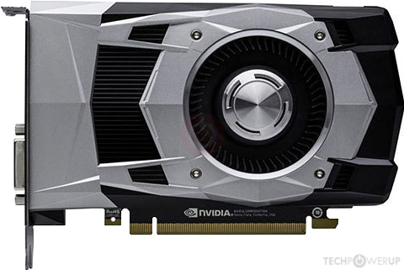
- Specifications:
- CUDA Cores: 512
- Base Clock: 1740 MHz
- Boost Clock: 1785 MHz
- Memory: 4GB GDDR6
- Memory Speed: 12 Gbps
The GTX 1630 is a great starting point for anyone interested in A Overview of Nvidia GeForce 16 Series, especially for those who want to experience PC gaming without a significant investment. It’s perfect for casual gaming and light content creation tasks.
GeForce GTX 1650: A Popular Choice for Budget Gamers
As we continue A Overview of Nvidia GeForce 16 Series, the GeForce GTX 1650 emerges as a popular choice for budget-conscious gamers looking to enjoy 1080p gaming. The GTX 1650 provides a notable performance boost over the GTX 1630, making it suitable for a broader range of gaming experiences.
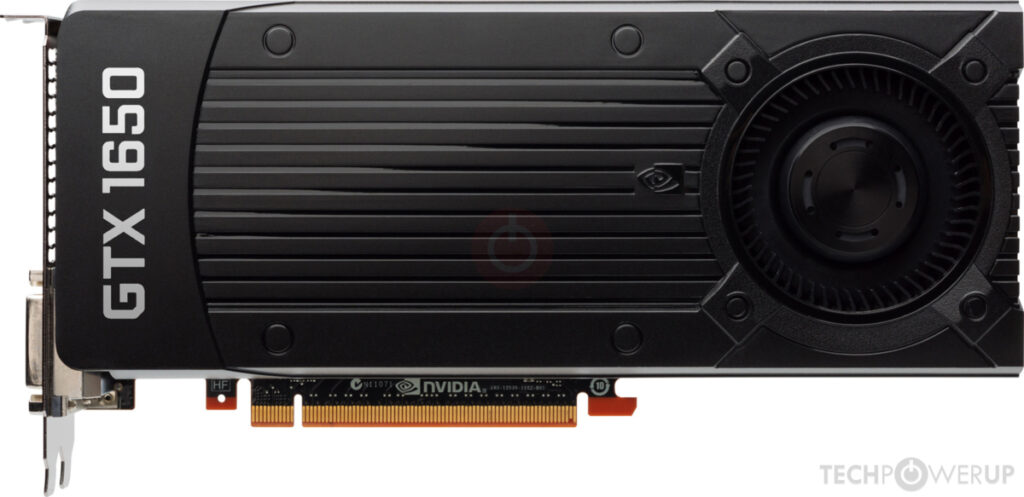
- Specifications:
- CUDA Cores: 896
- Base Clock: 1485 MHz
- Boost Clock: 1665 MHz
- Memory: 4GB GDDR5/GDDR6
- Memory Speed: 8 Gbps (GDDR5) / 12 Gbps (GDDR6)
In A Overview of Nvidia GeForce 16 Series, the GTX 1650 stands out for its ability to deliver good performance at 1080p with medium to high settings in most modern games. It’s often found in budget gaming builds, where its low power consumption and decent performance make it a solid choice.
GeForce GTX 1650 Super: Enhanced Performance on a Budget
Continuing A Overview of Nvidia GeForce 16 Series, the GeForce GTX 1650 Super offers improved performance over the standard GTX 1650, thanks to a higher number of CUDA cores and faster memory. This GPU is perfect for gamers who want more power without significantly increasing their budget.
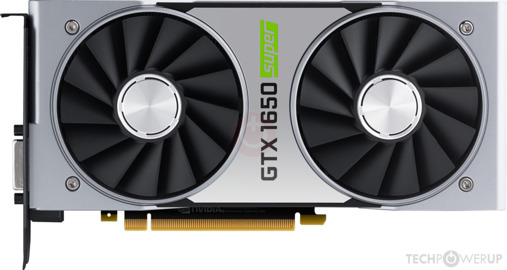
- Specifications:
- CUDA Cores: 1280
- Base Clock: 1530 MHz
- Boost Clock: 1725 MHz
- Memory: 4GB GDDR6
- Memory Speed: 12 Gbps
The GTX 1650 Super is an excellent choice for those exploring A Overview of Nvidia GeForce 16 Series and seeking the best value in terms of performance per dollar. It delivers higher frame rates at 1080p in more demanding games, making it ideal for budget-conscious gamers who don’t want to compromise on performance.
GeForce GTX 1660: The Mid-Range Sweet Spot
As A Overview of Nvidia GeForce 16 Series progresses to the mid-range segment, the GeForce GTX 1660 emerges as a standout. This GPU is designed for gamers who want a bit more power, allowing for higher settings and Overclocking GeForce GTX 1660 For Impressive Gains better frame rates in 1080p gaming.
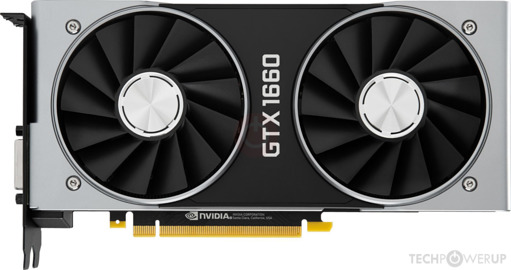
- Specifications:
- CUDA Cores: 1408
- Base Clock: 1530 MHz
- Boost Clock: 1785 MHz
- Memory: 6GB GDDR5
- Memory Speed: 8 Gbps
In A Overview of Nvidia GeForce 16 Series, the GTX 1660 is often highlighted as the perfect balance between cost and performance. It’s ideal for mainstream gamers who want to enjoy high settings at 1080p and even some 1440p gaming without venturing into higher price brackets.
GeForce GTX 1660 Super: Supercharged Mid-Range Performance
Furthering A Overview of Nvidia GeForce 16 Series, the GeForce GTX 1660 Super takes the solid foundation of the GTX 1660 and enhances it with faster memory and improved performance. This GPU is for gamers who want to maximize their 1080p gaming experience without breaking the bank.
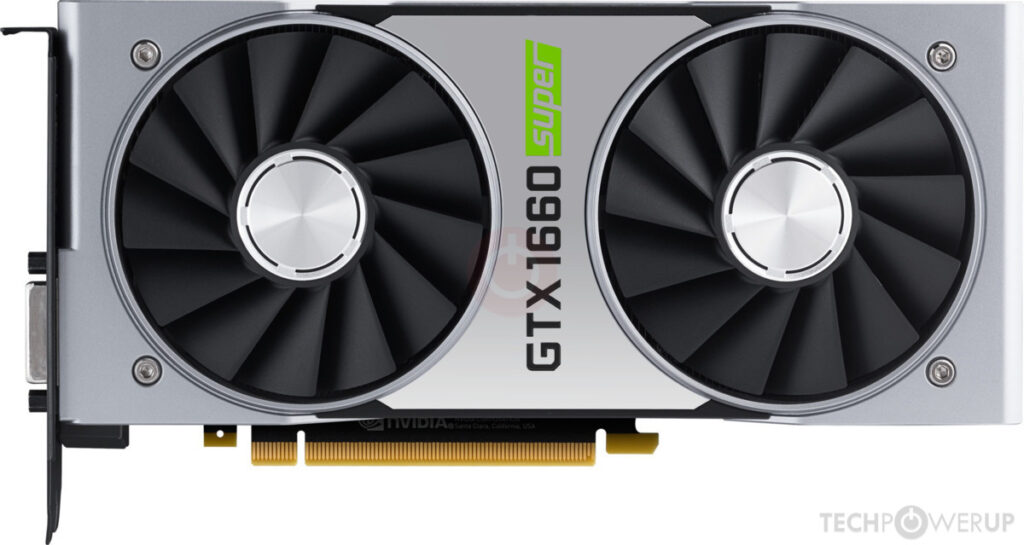
- Specifications:
- CUDA Cores: 1408
- Base Clock: 1530 MHz
- Boost Clock: 1785 MHz
- Memory: 6GB GDDR6
- Memory Speed: 14 Gbps
Among the highlights in A Overview of Nvidia GeForce 16 Series, the GTX 1660 Super is often regarded as one of the best value-for-money options. It provides excellent 1080p gaming performance and even handles some 1440p gaming with adjusted settings, making it a top choice for gamers who want great performance on a budget.
GeForce GTX 1660 Ti: The Pinnacle of the GeForce 16 Series
Finally, A Overview of Nvidia GeForce 16 Series reaches its pinnacle with the GeForce GTX 1660 Ti. This GPU is the most powerful in the series, designed for gamers who want top-tier performance at 1080p and even 1440p gaming.
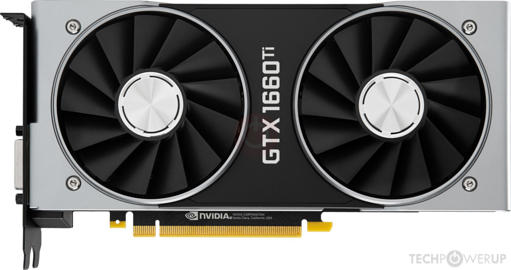
- Specifications:
- CUDA Cores: 1536
- Base Clock: 1500 MHz
- Boost Clock: 1770 MHz
- Memory: 6GB GDDR6
- Memory Speed: 12 Gbps
As the most powerful option in A Overview of Nvidia GeForce 16 Series, the GTX 1660 Ti offers high frame rates at 1080p with ultra settings and solid performance at 1440p. It’s the best choice for gamers looking to experience the highest level of performance in the GeForce 16 series without jumping to the more expensive RTX lineup.
Table Comparison of Nvidia GeForce 16 Series
| GPU Model | CUDA Cores | Base Clock | Boost Clock | Memory | Memory Speed |
|---|---|---|---|---|---|
| GeForce GTX 1630 | 512 | 1740 MHz | 1785 MHz | 4GB GDDR6 | 12 Gbps |
| GeForce GTX 1650 | 896 | 1485 MHz | 1665 MHz | 4GB GDDR5/GDDR6 | 8 Gbps (GDDR5) / 12 Gbps (GDDR6) |
| GeForce GTX 1650 Super | 1280 | 1530 MHz | 1725 MHz | 4GB GDDR6 | 12 Gbps |
| GeForce GTX 1660 | 1408 | 1530 MHz | 1785 MHz | 6GB GDDR5 | 8 Gbps |
| GeForce GTX 1660 Super | 1408 | 1530 MHz | 1785 MHz | 6GB GDDR6 | 14 Gbps |
| GeForce GTX 1660 Ti | 1536 | 1500 MHz | 1770 MHz | 6GB GDDR6 | 12 Gbps |
This table provides a clear and concise overview of the key specifications for each model in the GeForce 16 series, making it easy for readers to compare and contrast the different GPUs.
Performance Comparison: GeForce 16 Series at a Glance
When comparing the GPUs in A Overview of Nvidia GeForce 16 Series, it’s clear that each model serves a specific purpose, catering to different gaming and performance needs.
- 1080p Gaming: The entire GeForce 16 series is capable of 1080p gaming, but the experience varies. The GTX 1630 is suited for low to medium settings in less demanding games, while the GTX 1650 and 1650 Super can handle medium to high settings. The GTX 1660, 1660 Super, and 1660 Ti excel at high to ultra settings, with the 1660 Ti providing the best performance.
- 1440p Gaming: The GTX 1660, 1660 Super, and 1660 Ti are capable of 1440p gaming, though settings may need adjustment. The GTX 1660 Ti, in particular, handles many modern games at 1440p with medium to high settings, making it the top performer in A Overview of Nvidia GeForce 16 Series.
- Power Efficiency: Another strength of the GeForce 16 series highlighted in A Overview of Nvidia GeForce 16 Series is its power efficiency. The GTX 1630 and 1650 have the lowest power requirements, making them ideal for builds with modest power supplies. The 1650 Super, 1660, and 1660 Super have slightly higher power needs, while the 1660 Ti maintains relatively low power consumption compared to higher-end GPUs.
Ideal Use Cases for the GeForce 16 Series
To conclude A Overview of Nvidia GeForce 16 Series, it’s important to consider the ideal use cases for each GPU in the lineup.
- GeForce GTX 1630: Best suited for budget builds and casual gaming. Ideal for users upgrading from integrated graphics or those who need a low-power GPU for light gaming and media consumption.
- GeForce GTX 1650: A solid choice for budget gamers who want to enjoy 1080p gaming with decent settings. Also suitable for content creators who need a basic GPU for video editing and other multimedia tasks.
- GeForce GTX 1650 Super: The best option for budget-conscious gamers who want more performance without significantly increasing their budget. Great for 1080p gaming at higher settings.
- GeForce GTX 1660: Ideal for mainstream gamers who want a balance of cost and performance. Suitable for 1080p gaming at high settings and some 1440p gaming.
- GeForce GTX 1660 Super: A supercharged version of the GTX 1660, perfect for gamers who want to push their 1080p gaming experience to the max. Also capable of handling 1440p gaming with adjusted settings.
- GeForce GTX 1660 Ti: The top choice for gamers who want the best performance in the GeForce 16 series. Suitable for high-end 1080p gaming and solid 1440p performance, making it the pinnacle of A Overview of Nvidia GeForce 16 Series.
Conclusion: The Value Proposition of the GeForce 16 Series
When looking at A Overview of Nvidia GeForce 16 Series, it’s clear that Nvidia has crafted a lineup that offers something for everyone. Whether you’re a budget gamer just getting started or a seasoned player looking for a cost-effective upgrade, the GeForce 16 series has a GPU to fit your needs.
In summary, the Nvidia GeForce 16 series is a versatile and affordable option for a wide range of users. Its focus on delivering high-quality gaming experiences at 1080p, with the ability to handle 1440p in the higher-end models, makes it a top choice for gamers who want the best bang for their buck. If you’re in the market for a new GPU, A Overview of Nvidia GeForce 16 Series should be at the top of your list.

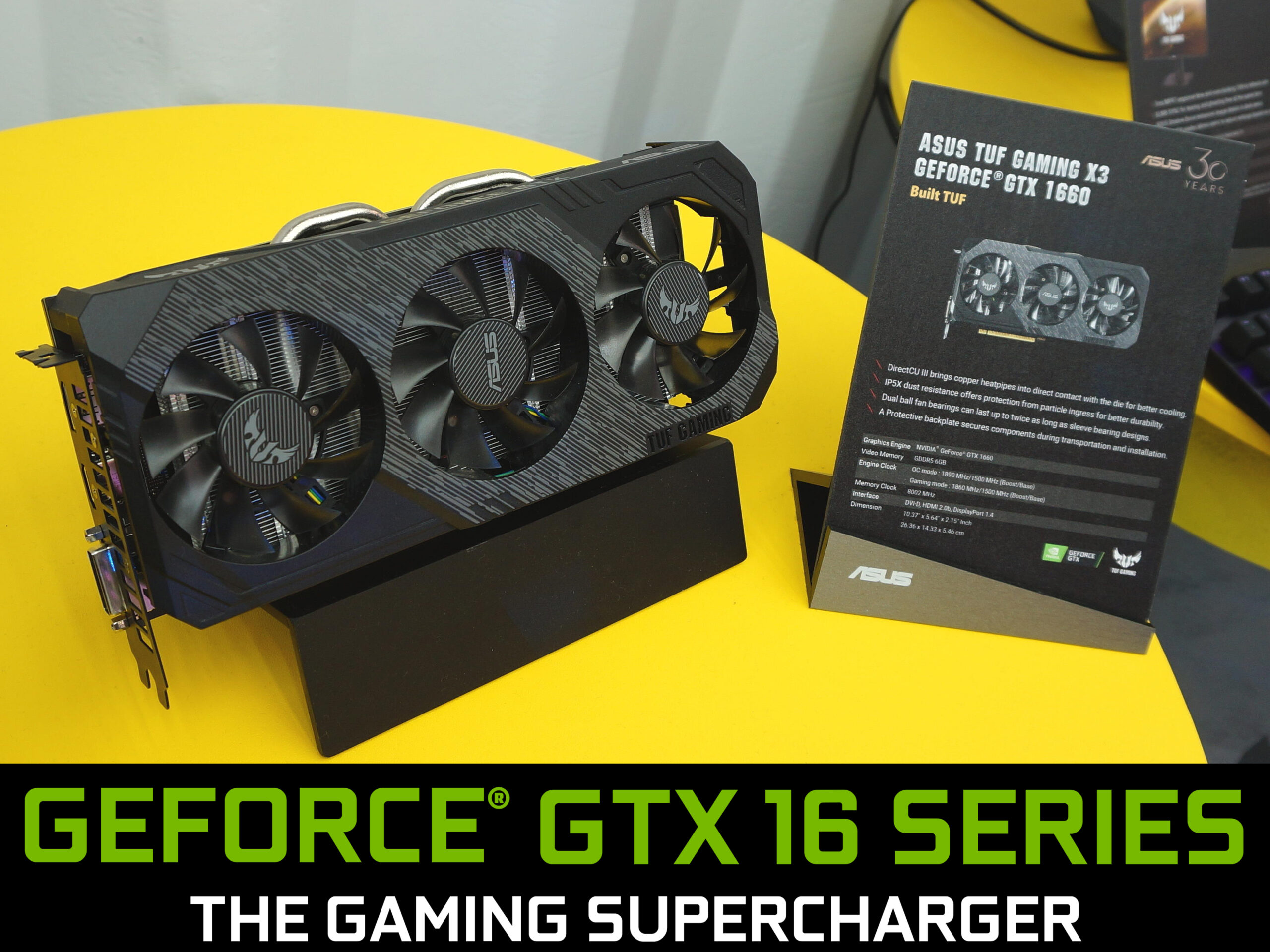
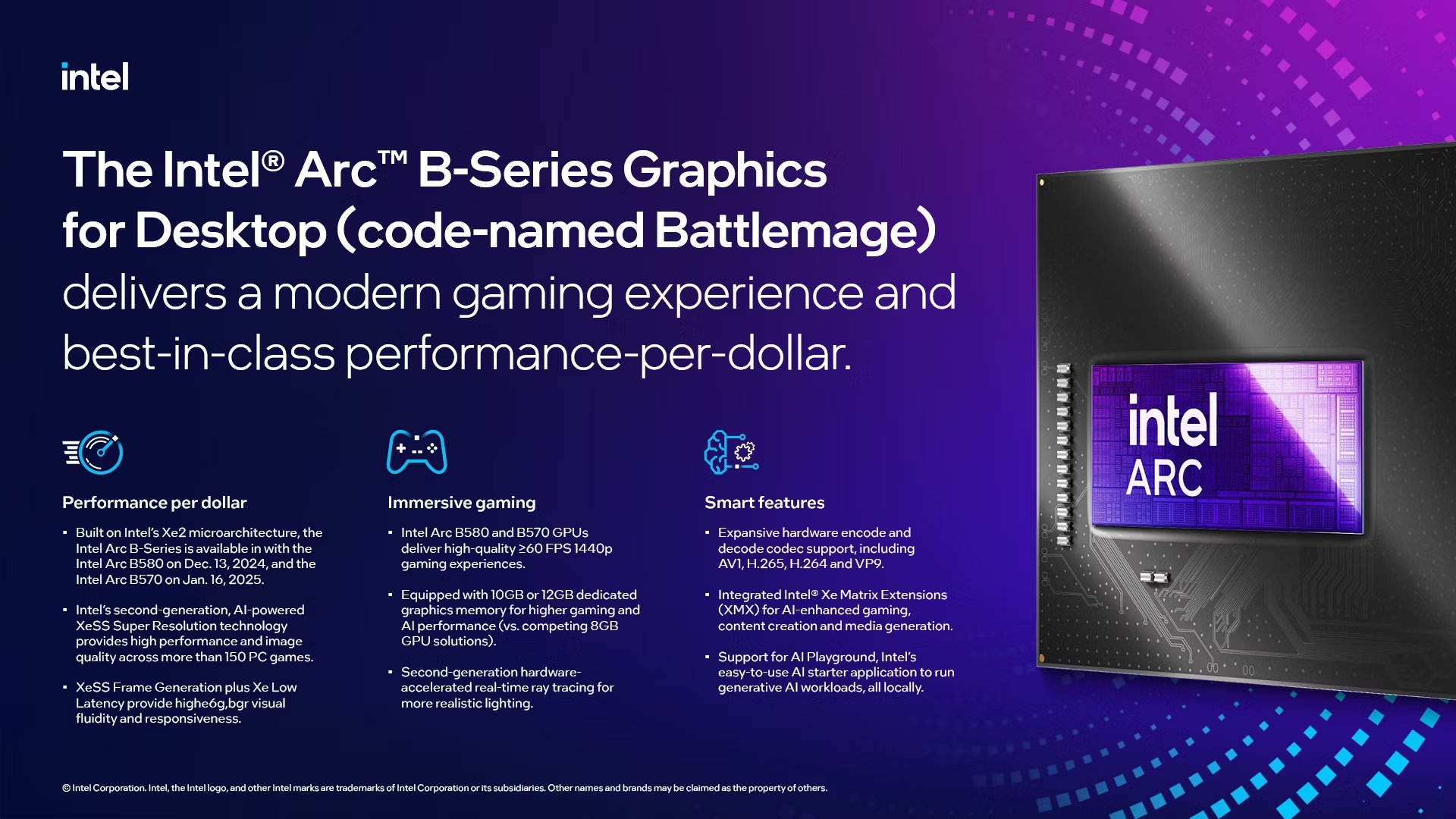
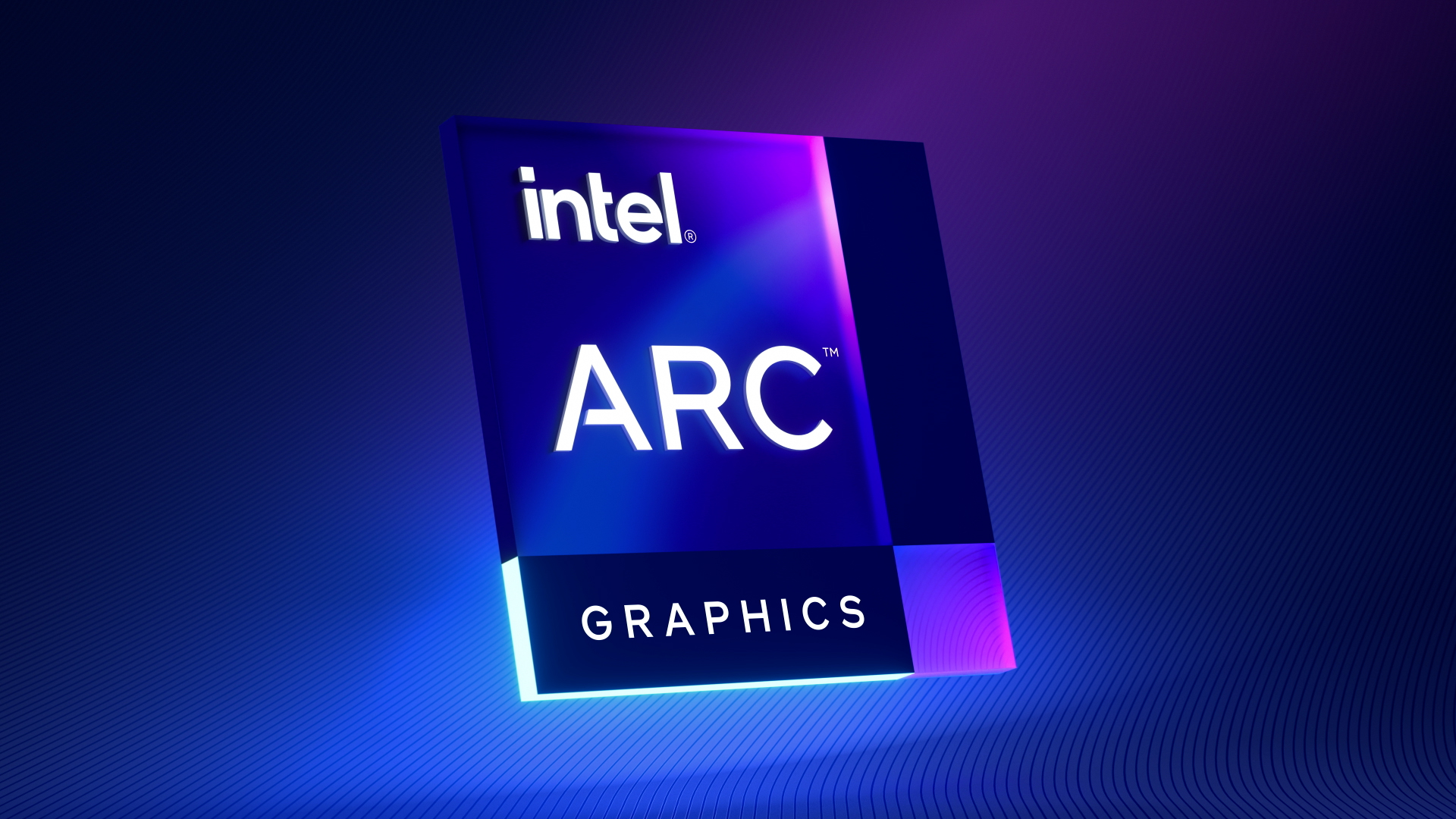
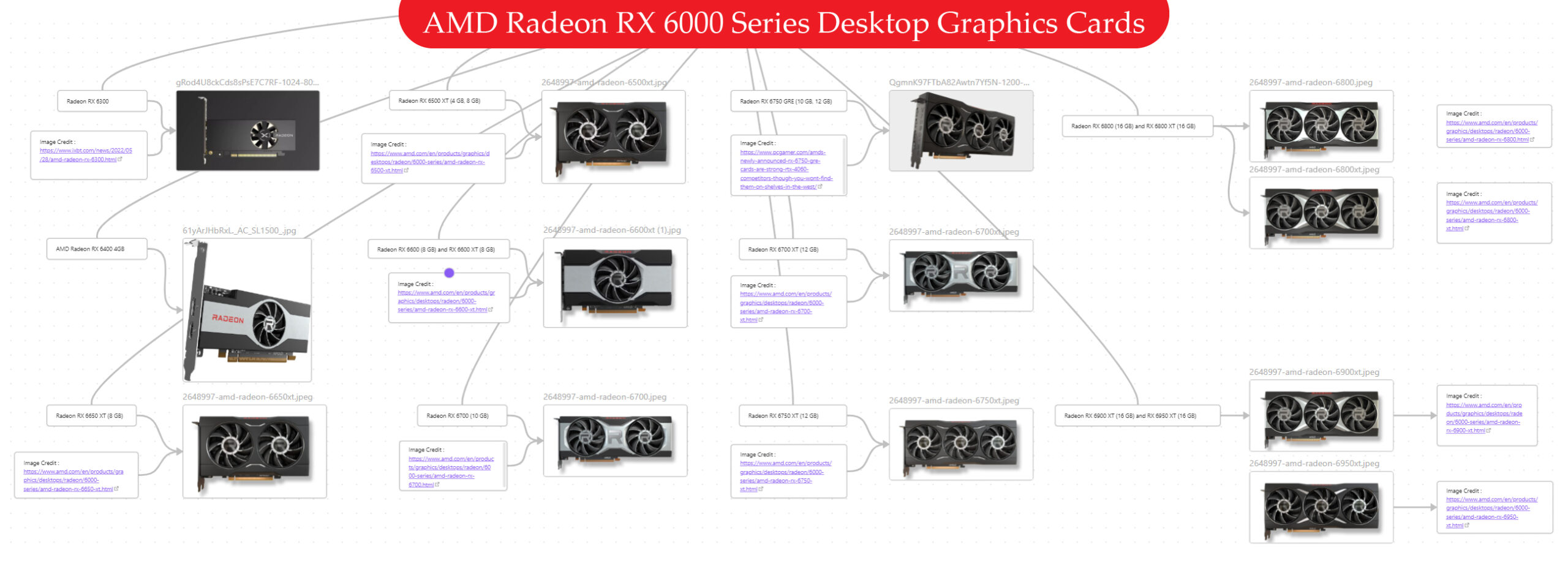

I very delighted to find this internet site on bing, just what I was searching for as well saved to fav
Thank you.
This is really interesting, You’re a very skilled blogger. I’ve joined your feed and look forward to seeking more of your magnificent post. Also, I’ve shared your site in my social networks!
I truly appreciate your technique of writing a blog. I added it to my bookmark site list and will
This is my first time pay a quick visit at here and i am really happy to read everthing at one place
I appreciate you sharing this blog post. Thanks Again. Cool.